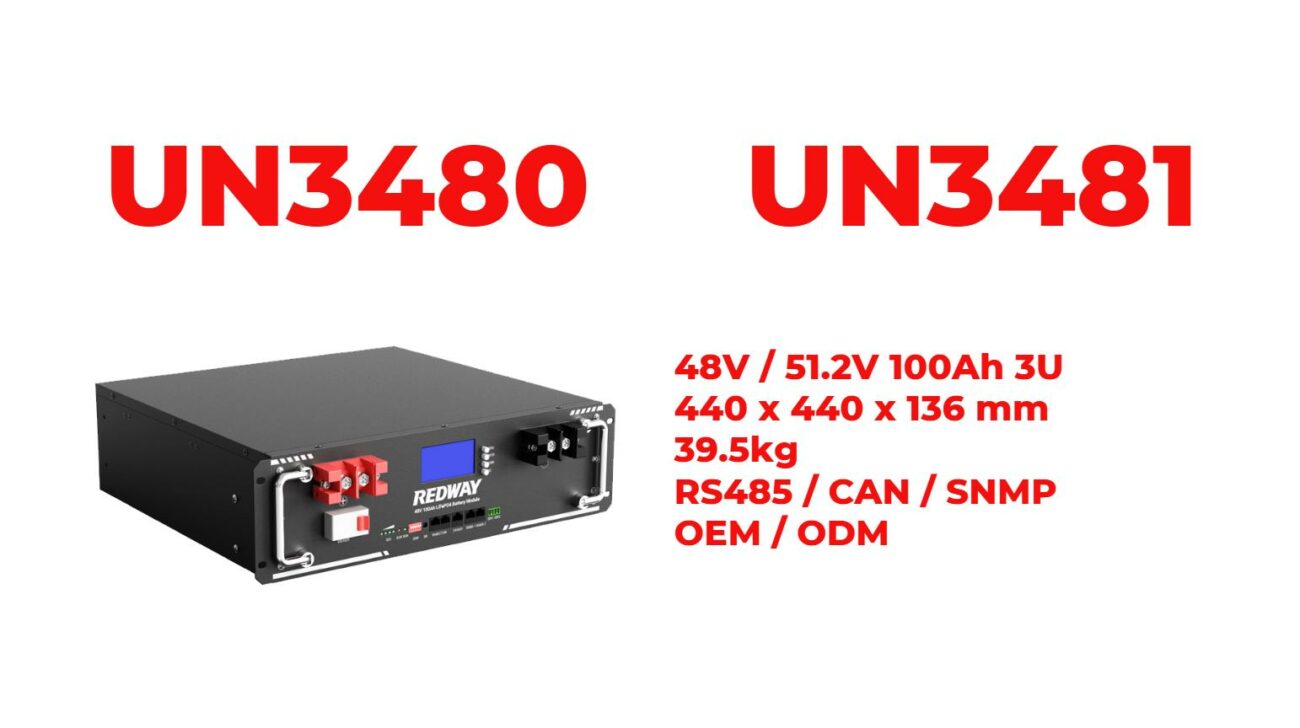How Long Does It Take to Charge a 1000 mAh Battery?
Charging a 1000 mAh battery typically takes about 1 to 2 hours, depending on the charging current and efficiency of the charger used. The formula for calculating charging time considers the battery’s capacity, the current supplied, and the charging efficiency, which can vary based on several factors.
What Is the Charging Time Formula for Batteries?
To calculate the charging time for a battery, you can use the following formula:
For example, if you have a 1000 mAh battery and are charging it with a 500 mA charger at an efficiency of 80%, the calculation would be:
Chart: Example Calculation of Charging Time
| Battery Capacity (mAh) | Charging Current (mA) | Efficiency (%) | Estimated Time (hours) |
|---|---|---|---|
| 1000 | 500 | 80 | 2.5 |
| 1000 | 1000 | 90 | 1.11 |
| 1000 | 200 | 75 | 6.67 |
How Does Charging Current Affect Charging Time?
The charging current significantly impacts how quickly a battery charges:
- Higher Current: A higher charging current reduces charging time; for instance, using a 1000 mA charger will charge a 1000 mAh battery in about an hour if efficiency is optimal.
- Lower Current: Conversely, using a lower current (e.g., 200 mA) will extend charging time considerably, potentially taking up to five hours or more.
Chart: Impact of Charging Current on Time
| Charging Current (mA) | Estimated Time for 1000 mAh Battery (hours) |
|---|---|
| 200 | 5 |
| 500 | 2 |
| 1000 | ~1 |
What Factors Can Influence Charging Speed?
Several factors can influence how quickly a battery charges:
- Battery Age and Condition: Older batteries may charge slower due to increased internal resistance.
- Temperature: Extreme temperatures can affect battery performance and charging speed; warmer temperatures generally allow for faster charging.
- Charger Quality: The efficiency and design of the charger itself can impact how quickly it delivers power to the battery.
Chart: Factors Influencing Charging Speed
| Factor | Description |
|---|---|
| Battery Age | Older batteries may charge slower |
| Temperature | Warmer conditions improve charging speed |
| Charger Quality | Higher quality chargers provide better efficiency |
What Are the Differences Between Battery Types?
Different types of batteries have varying charging characteristics:
- NiMH Batteries: Typically charge at a moderate rate and may require specific chargers to optimize performance.
- Li-ion Batteries: Generally charge faster but are sensitive to overcharging and require smart chargers to manage voltage.
- Lead-Acid Batteries: Charge slowly and often need more time due to their chemistry, especially when deeply discharged.
Chart: Comparison of Battery Types
| Battery Type | Typical Charge Rate | Characteristics |
|---|---|---|
| NiMH | Moderate | May require specific chargers |
| Li-ion | Fast | Sensitive to overcharging |
| Lead-Acid | Slow | Needs longer time when deeply discharged |
How Can You Optimize Charging Time?
To optimize charging time for your batteries:
- Use Appropriate Chargers: Always use chargers designed for your specific battery type.
- Monitor Temperature: Ensure batteries are charged in optimal temperature conditions.
- Charge Regularly: Regularly charging batteries can help maintain their health and efficiency.
Chart: Tips for Optimizing Charging Time
| Tip | Description |
|---|---|
| Use Appropriate Chargers | Match charger specifications to battery type |
| Monitor Temperature | Charge in optimal conditions |
| Charge Regularly | Helps maintain battery health |
Are There Safety Considerations When Charging Batteries?
Yes, safety is paramount when charging batteries:
- Avoid Overcharging: Use smart chargers that prevent overcharging by monitoring voltage levels.
- Check for Damage: Inspect batteries regularly for signs of wear or damage before charging.
- Ventilation: Ensure proper ventilation during charging to avoid heat buildup.
Industrial News
The battery technology sector continues to evolve with advancements in fast-charging solutions and improved safety features. As electric vehicles and portable electronics become more prevalent, manufacturers are focusing on developing high-efficiency batteries that charge quickly while maintaining safety standards. Innovations in smart charging technology are also enhancing user experiences across various applications.
Expert Views
“Understanding how different factors influence battery charging is essential for maximizing efficiency and safety,” says Dr. Emily Carter, an expert in energy storage technology. “By following best practices and using appropriate chargers, users can ensure their batteries perform optimally.”
Frequently Asked Questions
- How long does it take to charge a 1000 mAh battery?
Typically, it takes about 1 to 5 hours depending on the charging current and efficiency. - What factors influence charging speed?
Factors include battery age, temperature, and charger quality. - How does charging current affect charging time?
Higher currents reduce charging time; lower currents extend it significantly. - What are the differences between battery types?
NiMH charges moderately, Li-ion charges quickly but requires careful management, while lead-acid charges slowly. - What safety considerations should I keep in mind?
Avoid overcharging, check for damage before use, and ensure proper ventilation during charging.

